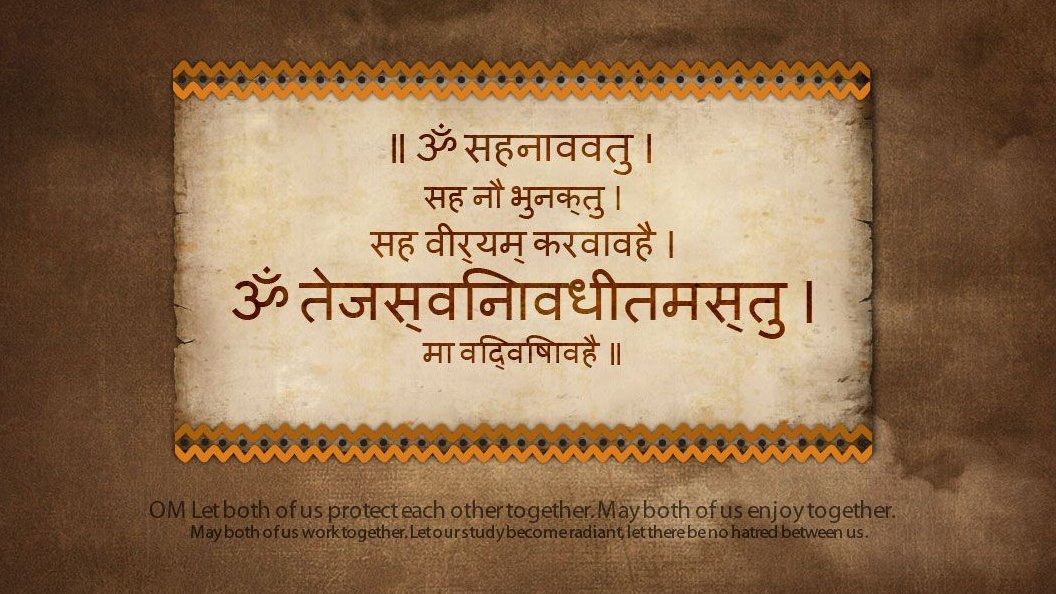
How can we Protect Temples ?
Temples have better infrastructure when we donate our best. Dharmakartas of various temples are waiting for people to really get some help.
Identify temples in remote areas, villages, In cities with less infrastructure and no good facilities.
Temples have better infrastructure when we donate our best. Dharmakartas of various temples are waiting for people to really get some help.
Identify temples in remote areas, villages, In cities with less infrastructure and no good facilities.
Donated for infrastructural maintainence. Gather people with like minds and work on uplifting the situations of the temples. Don't just give money and expect them to do things. Bring diff people under an umbrella who can work in various areas and collect resources and help
Money donations is not just the way to do things. Change the way you donate. Change the way you want to do things. Plant Trees, give lights, do what ever u can. Provide annadana... Provide them CCTV help through providers.
Pledge this 2021 to help , Donate and work for upliftment of Temples which are not having proper infrastructure. Those who have habits and think they want to change their life, start diverting your mind into this.This is how we build Community With like minded in our country.
Prefer Temple outer premises for yoga, Bhajans,festival celebrations.what not. Gathering brings beauty to that temple and exposure. Make a small playground outside in the premises for children. There are number of possibilites only IF WE START. God helps those who help themselves
• • •
Missing some Tweet in this thread? You can try to
force a refresh




